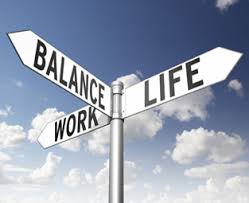With the festive season well and truly over, most businesses will be trying to get back into the full swing of things – but just how many are being hampered by the holiday blues?
Despite its light-hearted moniker, the pervasive workplace ailment can have a very real and damaging impact on organisations with employees feeling everything from a lack of motivation to outright resentment. So what’s the solution?
Bev Cassidy-Mackenzie is the CEO of
Diversity Works New Zealand, she says flexible work arrangements can serve as a powerful tonic to fight the holiday blues.
“Compressed hours might be a good option – for example four extended days and one half day to accommodate family or other personal commitments,” she suggests. “Taking their son or daughter to swimming one afternoon a week might be the difference between a conflicted parent and a contented parent with more focus for their work.”
Shifting start times can also improve employee wellbeing, particularly for those who have a long commute or live in areas with high volumes of traffic.
“Why have staff sitting in traffic for 10 hours a week just so they can be at work during specific hours if it’s not strictly necessary?” asks Cassidy-Mackenzie. “Allowing someone to start and finish earlier can make a huge difference to travel time, and leave employees with more daylight hours for family or friends.”
Despite the well-documented benefits of flexible working – including increased ability to attract and retain talent, improved productivity and focus, and even stronger loyalty and commitment – studies suggest New Zealand isn’t excelling in the area.
In fact, OECD data gives New Zealand a 6.4 score for work life balance, placing it 28th out of 38 nations surveyed. That means Kiwis are ahead of Australia and the US but behind many European countries.
Recent stories:
Multi-nationals “resisting” the Living Wage
Are bonus schemes threatening wellbeing?
Should we be looking for more disagreeable candidates?

